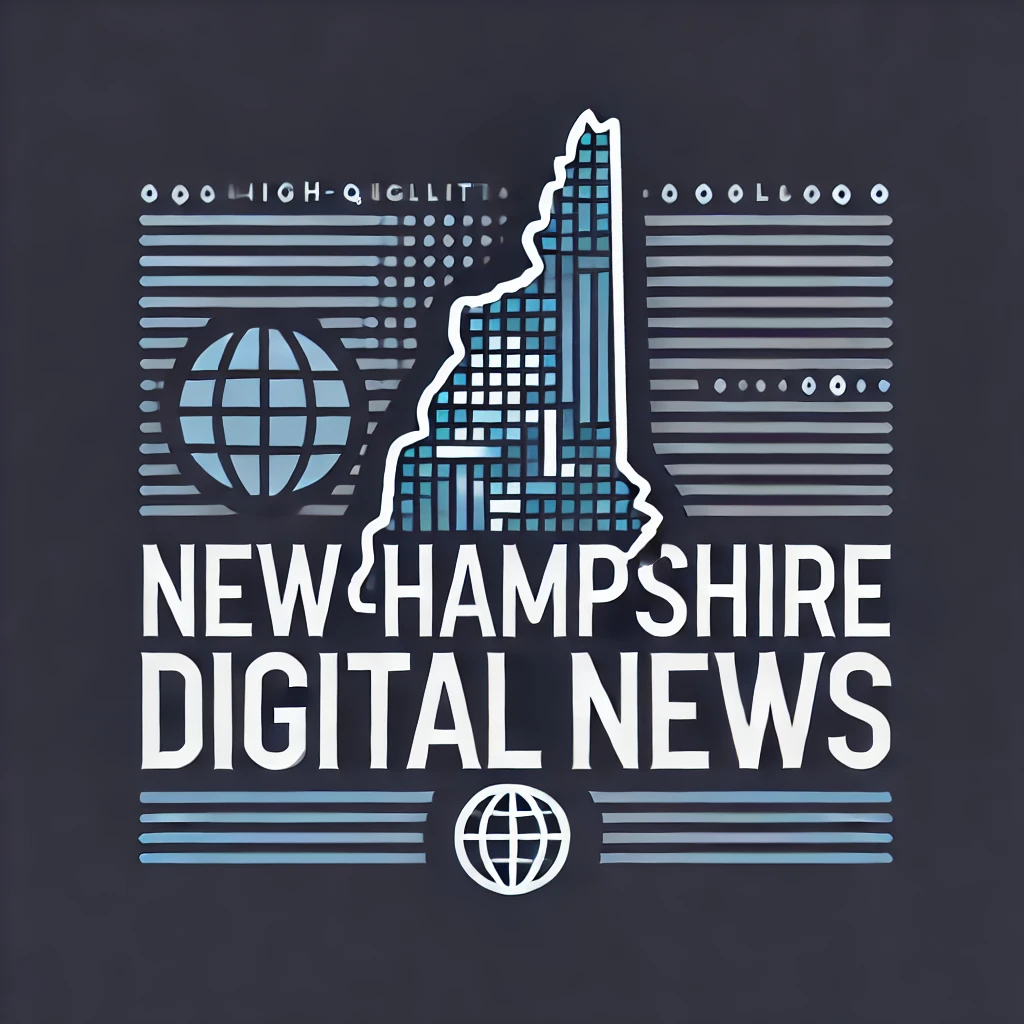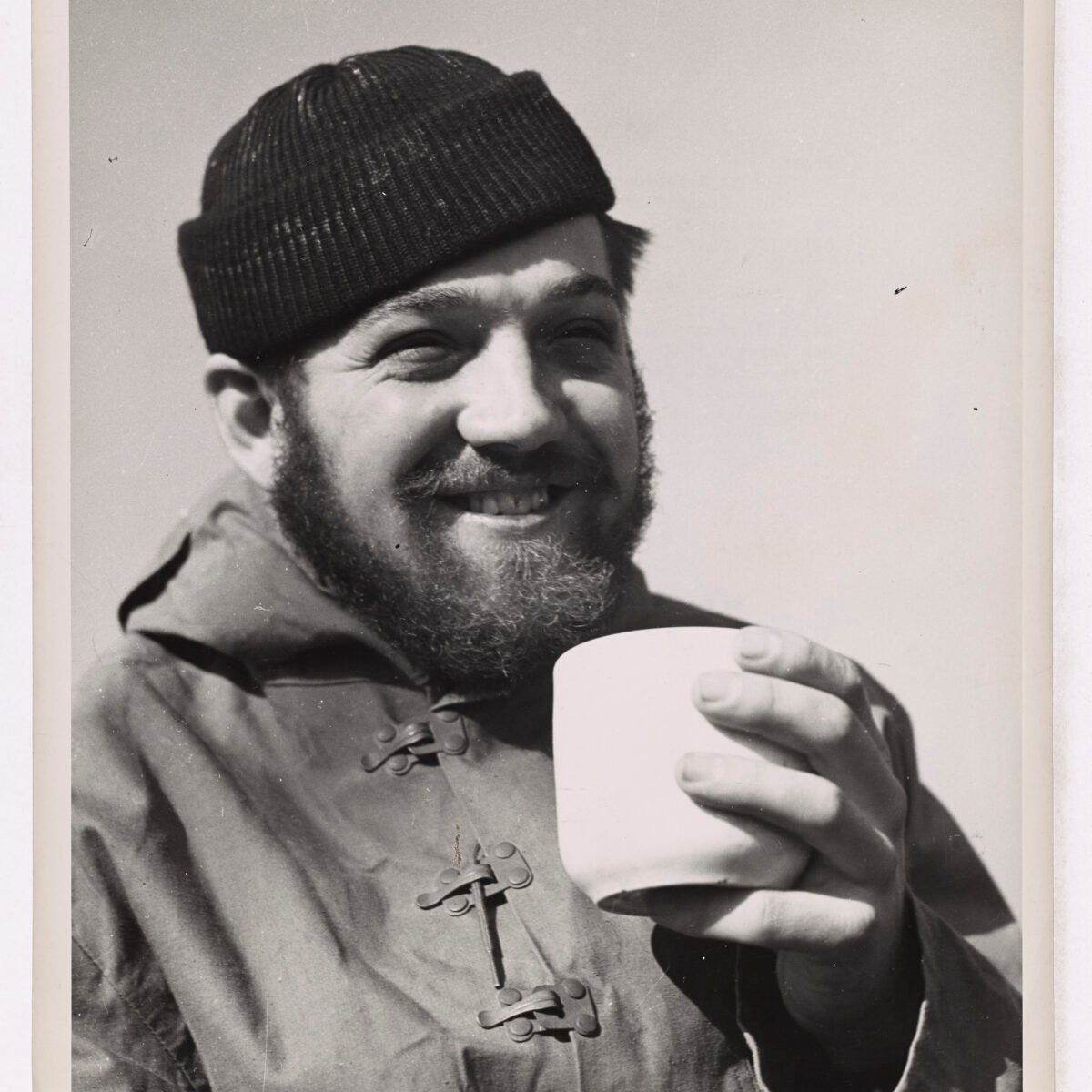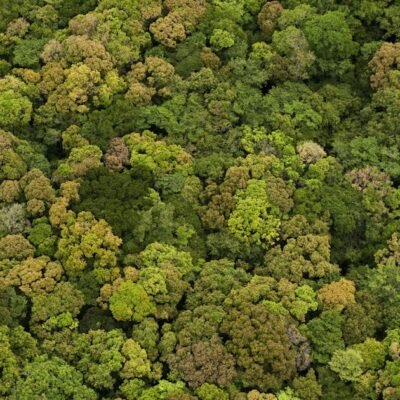October 1 is International Coffee Day. Today’s post comes from Thomas Richardson, an expert archives technician at the National Personnel Records Center (NPRC) in St. Louis, Missouri.
It’s a beverage that millions of people consume to kick-start their day. You can serve it hot, cold, with or without sugar or milk, and it has a multitude of flavors. You can find it at fast-food restaurants, cafes, bars, or in the office breakroom. Millions say they don’t start their day without it, and with generating over $90 billion a year, it’s an integral part of many nations’ economies. Today we celebrate International Coffee Day with a cup of your favorite joe!
The origins of coffee dates back as far as the 10th century in the Middle East, specifically what is now modern day Iran, Yemen, Saudi Arabia, and Ethiopia. Records show that coffee was primarily used in Muslim religious ceremonies, specifically evening prayers to keep congregants awake during late-night hours.
The commercial trade spawned thousands of coffee houses, and growers exported coffee as far away as Indonesia and Italy. Religious leaders argued that coffee was an alternative to alcohol and not a violation of Muslim law, thus allowing it to proliferate throughout Muslim nations.
Through trade and warfare, coffee reached Europe in the mid-16th and early 17th centuries and had a monumental effect on European culture. Specialized businesses called coffee houses exclusively served the beverage to wealthy and intellectual customers, which created a new type of forum where business was conducted and ideologies discussed.

There was some resistance to the introduction of coffee, however. Since it has a prominent association with Islam, many Christian officials labeled it “the devil’s drink” and wanted it outlawed. Popular legend claims that Pope Clement VIII, after tasting coffee, gave the coffee trade his blessing, thus boosting commercial sales and consumption. Coffee beans made their way to the Americas as part of the Columbian Exchange and to Southeast Asia by the Dutch and British East India Trading Companies.
Coffee is a cash crop for many nations, sometimes accounting for almost half of their exports. Brazil alone at the turn of the 20th century produced nearly 70 percent of the world’s coffee. The United States tried to drink all of it by 1920, consuming close to 50 percent of all coffee produced in the world.

Corporations like Folgers, Maxwell House, Nescafe, Starbucks, and Dunkin Donuts roast and sell coffee products in the millions of dollars annually. In 2023, over 168 million bags of coffee were harvested, the majority in the Americas. The average American drinks about three cups of coffee per day, totally around 400 million daily cups of coffee in the U.S. It’s the second most consumed beverage in the world besides water.

The economics of coffee have not always had a positive history. Exploitative practices against laborers by landowners and merchants have been and remain a persistent issue. In the 1980s, fair trade practices began to take hold, guaranteeing harvest prices, environmental sustainability, and equalizing wages. Currently 2 percent of global production is labeled as fair trade. While the debate over the impact of fair trade practices continues, local growers have seen more of their coffee beans reaching larger markets.
For as long as humans have consumed coffee, an entire culture developed around the beverage. Consumers drink in a variety of places, social settings, and entertainment venues. In many respects, coffee is integral to a way of life.

The U.S. Armed Forces consume millions of cups a day, with the average service member drinking around 32 ounces a day. A report from the Department of Defense revealed that 82 percent of active duty service members consume caffeine, the majority of which is in coffee. As Army Sergeant First Class (ret.) and Expert Archives Technician Irvan Loucks stated:
“An army marches on its stomach, but it doesn’t wake up without its coffee.”

Training Instructor and former Navy Petty Officer First Class Jacki Lee described the prevalence of coffee in the Navy as something absolutely essential and not to be messed with:
“Chiefs made their coffee so strong that their spoons would stand up straight. . . . You can take away their alcohol, but never take away their coffee.”

Coffee’s history is certainly a long and fruitful one in human civilization. From its beginnings in trade between ancient kingdoms to the dozens of choices offered by Starbucks and Tim Hortons, coffee is and remains an undeniable fixture in our lives. It flows like water, only with more flavor notes, depending on the roast.





